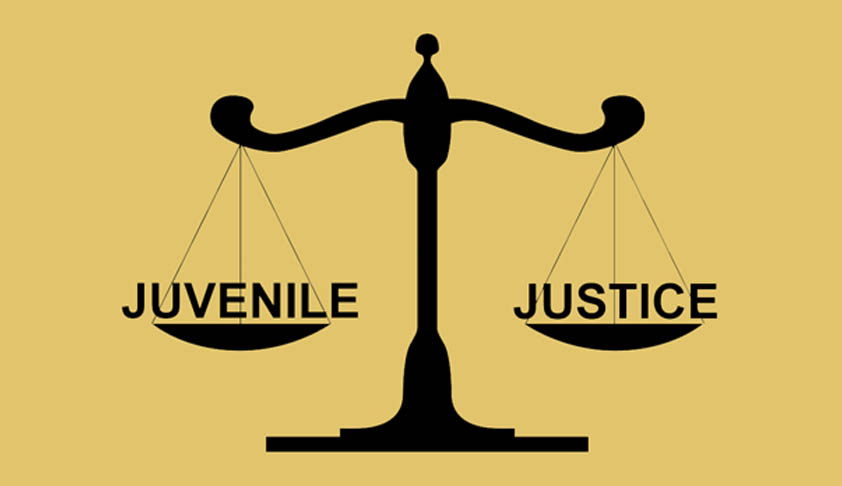
The child rights commission of five states and union territories (UTS) have appealed to the Centre to voice their dissatisfaction with a modification to the Juvenile Justice Act (JJ Act) that rendered some crimes against children non-cognizable. They have urged that major crimes be reinstated as cognizable violations.
What is the JJ Act?
The Juvenile Justice (Care and Protection of Children) Amendment Act 2021 was enacted by Parliament in July of last year, and it divides major crimes into “cognisable” and “non-cognisable” categories based on the length of sentencing.
Serious offenses are those that carry a sentence of more than three years but less than seven years in jail. The Child Rights Commissions are dissatisfied because police officers cannot file cases involving non-cognisable crimes without the consent of magistrates. No date for the modified Act’s implementation has been set even after the President has approved the adjustment and it has been updated.
The appeal of the Child Rights Commission
The child rights panels of Delhi, Punjab, Rajasthan, West Bengal, and Chandigarh, in a bilateral letter to the women and child development ministry secretary on April 8, enumerated the criminal offence made non-cognisance’ under the amendment, which included the workforce of children for begging, which is subject to punishment for under seven years. Delays in initiating an inquiry in these kinds of matters, according to the letter, allow perpetrators to tamper with evidence or hinder inquiries. The letter stated, “Children who are constantly under pressure may not be able to deliver cohesive statements as time passes.” Most of the assaults against children are conducted against people from marginalised groups, according to the report. “Obtaining a magistrate’s approval for an inquiry demands time, money, legal representation, and effort, which underprivileged children lack. Considering their socioeconomic limitations, this is a grave injustice to all those who most need Justice’s safeguarding.”
